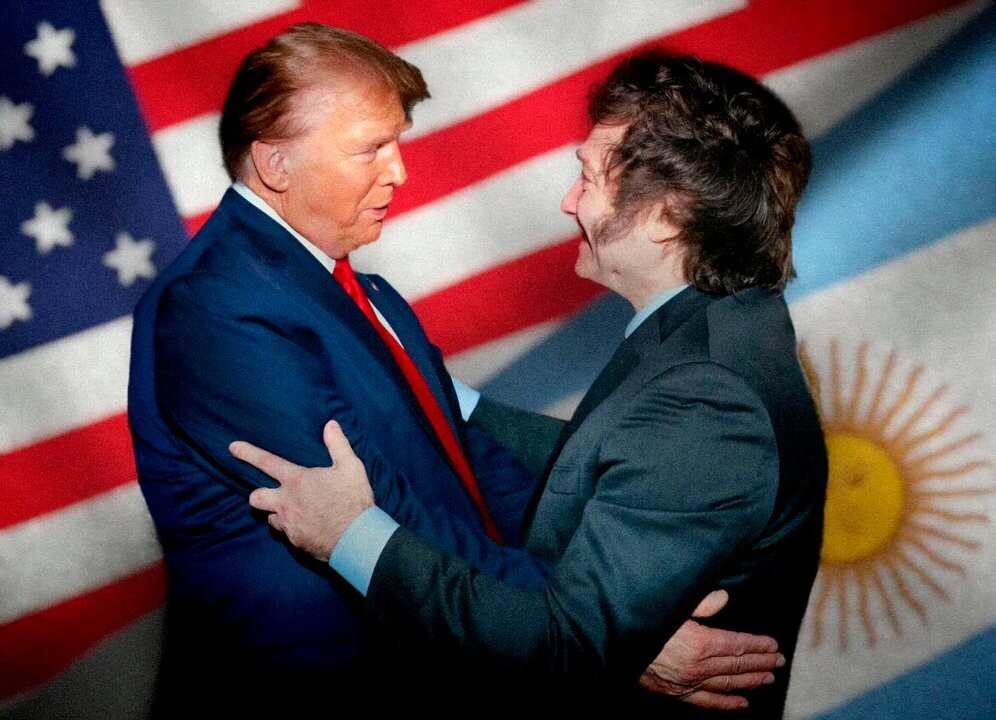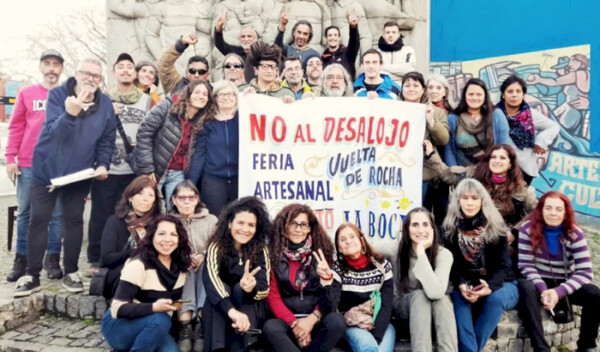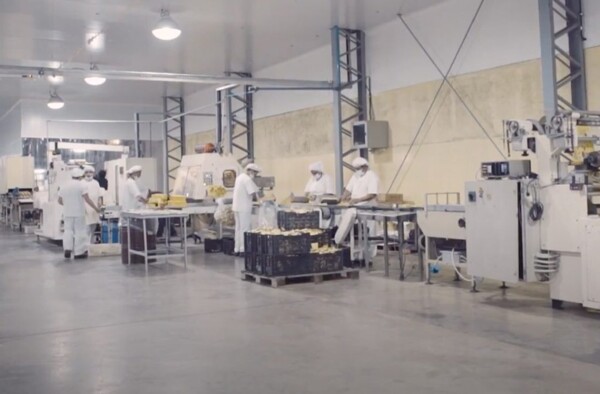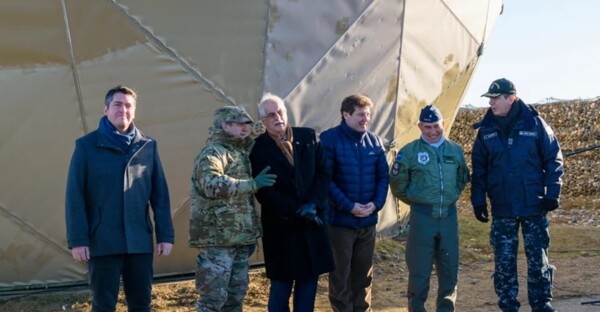
The Argentine government has managed to postpone deadlines of 14 trillion dollars until the year 2026, which is considered the start of Phase 3 of the economic program. It is expected to obtain new disbursements of at least 11 billion dollars from the IMF to strengthen reserves and eliminate exchange rate restrictions. Additionally, a REPO credit of 1 billion dollars has been closed, and financing from investment funds is being sought to strengthen the Central Bank.
According to authorities, the solvency of the Central Bank influences the price level, being crucial for achieving long-term inflation reduction. This election year, lowering prices becomes key to gaining votes, as reflected in polls showing an improvement in citizen sentiment. In Davos, it was pointed out that the exit from the currency clamp is not under discussion, but options are being evaluated based on financial needs.
The government considers not only the amount of the IMF loan but also the disbursement timelines as a fundamental part of the ongoing negotiations. There is a desire to reaffirm alignment with the United States through free trade agreements. Milei and Caputo have expressed the importance of restoring the Central Bank's balance to reduce inflation.
The third phase of the economic program is planned to focus efforts on eliminating exchange controls and promoting currency competition. The aim is to establish clear relative prices to decrease inflation in dollars and achieve greater flexibility in monetary policies. The imminent removal of restrictions is seen as an opportunity to attract investments and recover Argentina's image on the world stage.
Negotiations with the IMF seek to obtain fresh funds, accelerate the exit from the currency clamp, and improve the Central Bank's net reserves. Positive economic growth is projected starting from the second quarter of the current year. The government is focused on correcting economic distortions and boosting recovery to improve the welfare of the population ahead of the upcoming elections.
As negotiations progress, it is expected that exchange rate restrictions will be reduced and agreements consolidated to promote economic development. The goal is to reconstitute the financial balance of the Central Bank and work on free trade agreements to enhance international relations and achieve sustainable growth in Argentina.













